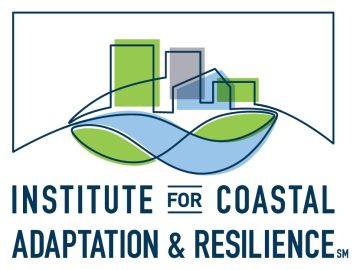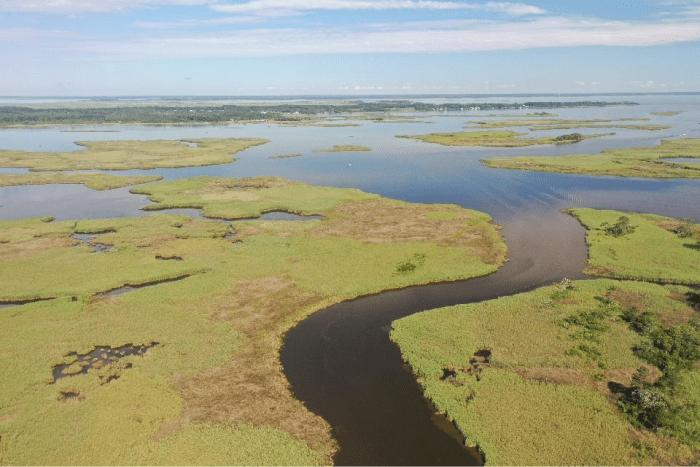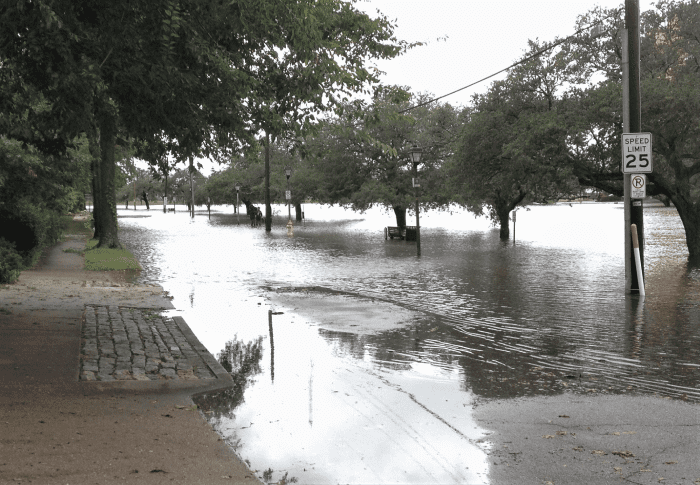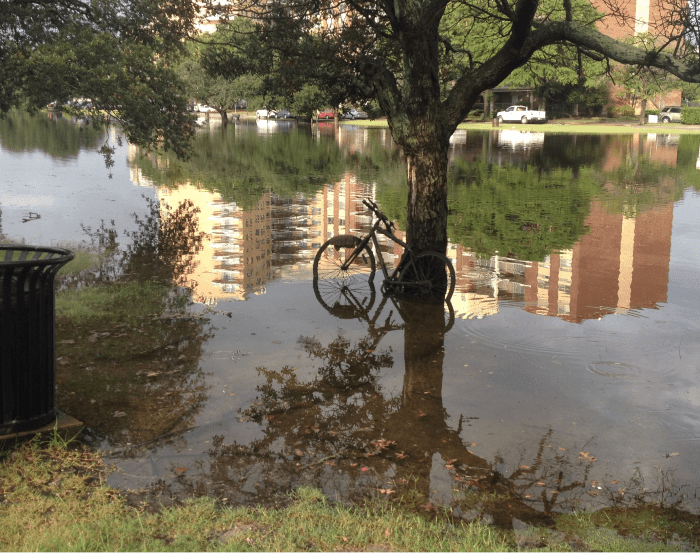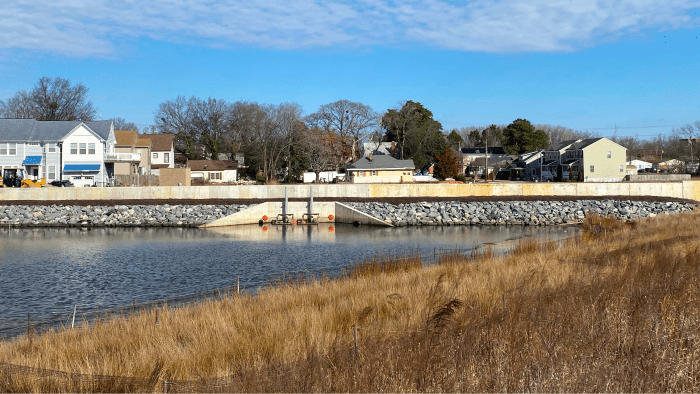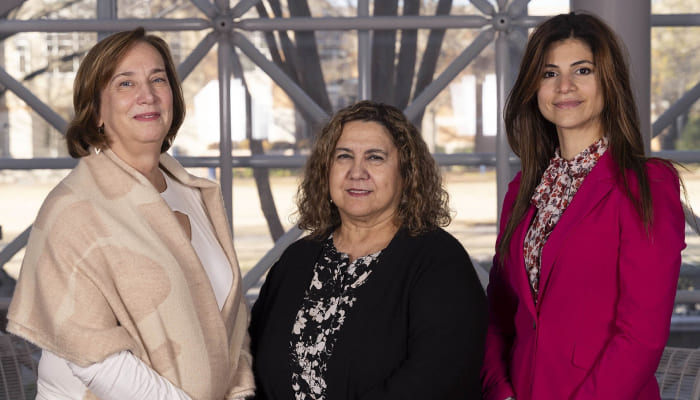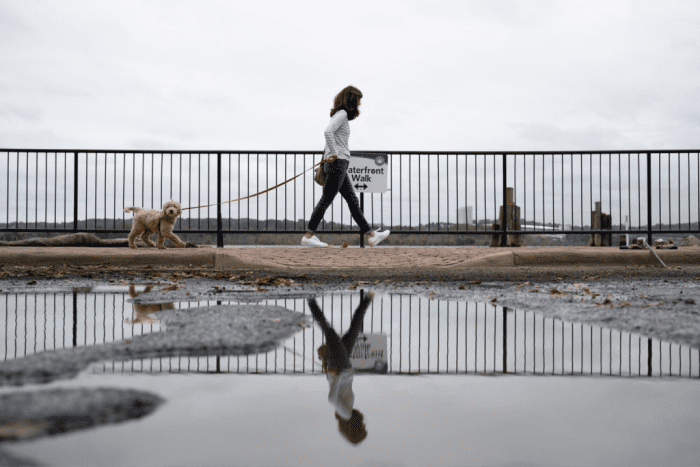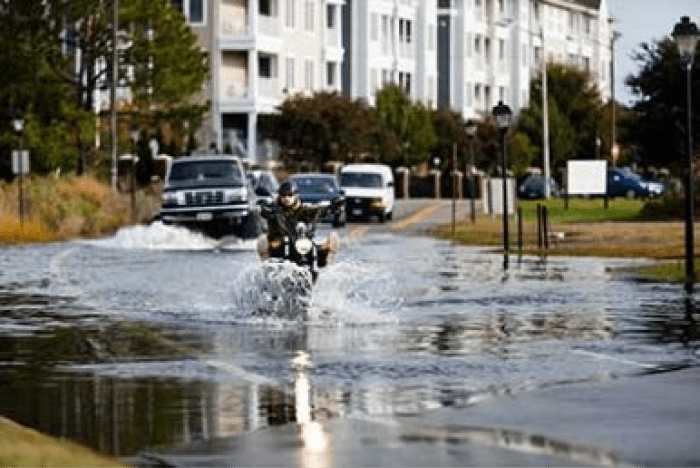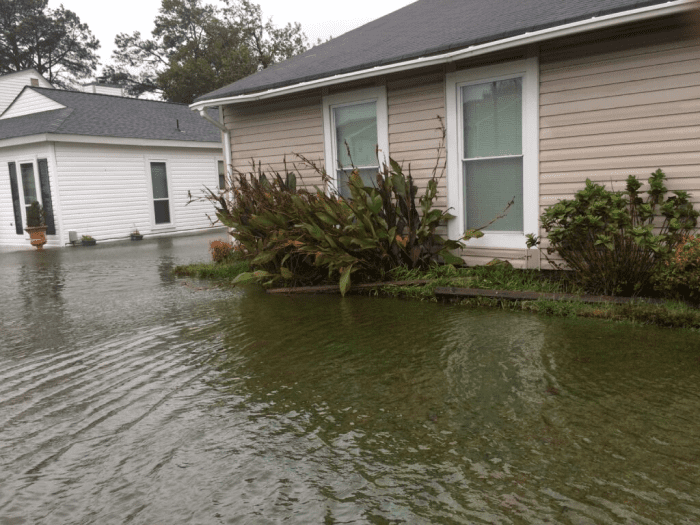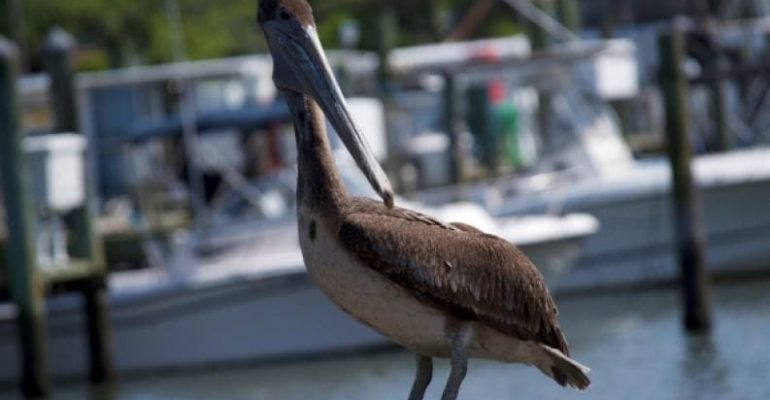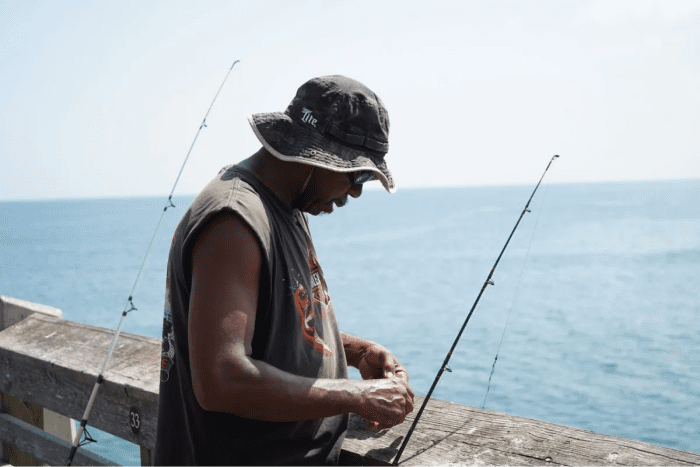The Resilience Adaptation Feasibility Tool (RAFT) as an Approach for Incorporating Equity Into Coastal Resilience Planning and for Incorporating Equity Into Coastal Resilience Planning and Project Implementation.
The Resilience Adaptation Feasibility Tool (RAFT) assists coastal communities in incorporating equity into resilience planning and implementation of projects to increase resilience. The RAFT includes social and economic dimensions in assessment of resilience and focuses on how localities can build resilience equitably.
Virginia Beach Flood Protection Program Bond Referendum Analysis
A report by ICAR and ODU’s Dragas Center for Economic Analysis and Policy provides a technical economic analysis–combined with past social science and participatory mapping work on flooding–of a bond referendum about whether the City of Virginia Beach should increase real estate taxes to fund a flood protection program.
Demonstration of a Simple Methodology of Flood Prediction for a Coastal City Under Threat of Sea Level Rise: The Case of a Coastal City Under Threat of Sea Level Rise: The Case of Norfolk, VA
Many coastal cities are at risk of increased flooding due to sea level rise. This study uses a simple flood prediction method for one city at risk, Norfolk, VA, to estimate the probability of future flooding by observing hourly water level from 1927 to 2021, forecasting those observations into hourly estimates until 2100.
ODU, Hampton students will engineer flood solutions in 5 Norfolk neighborhoods
A decade after laying the groundwork for a $120 million grant won by Virginia in a national competition, students from Old Dominion and Hampton Universities will engineer flood solutions in five different Norfolk neighborhoods.
ODU Awarded Over $700,000 for Community Flood Mitigation Project
Old Dominion University has been granted over $700,000 for a collaborative project aimed at tackling recurring flooding issues using green infrastructure and nature-based designs in five underserved southside Norfolk neighborhoods.
Extreme Weather And Sea Level Rise Among Top Climate Risks To D.C. Area, New Assessment Says
The National Capital region faces long-term threats from more violent storms and sea level rise, and the solutions are time-consuming, expensive, and require extensive collaboration. “Adapting to climate change and reducing greenhouse gas emissions is an ultramarathon, it’s not a sprint,” says Jessica Whitehead of ODU’s Institute for Coastal Adaptation and Resilience, lead author of the Fifth National Climate Assessment chapter on the Northeast region. “We all just got out of the gate.”
Flood warning
Sea level rise is a nuisance for coastal communities like Hampton Roads. It will soon be much more of a threat. Jessica Whitehead, Executive Director of the Institute for Coastal Adaptation and Resilience, said it’s challenging to think systematically about what sea-level rise will do to the economy, social systems and community. “Serious conversations must be had – not just in Hampton Roads but nationally.”
Old Dominion University, Chesapeake Bay Foundation launch flood resilience partnership
A partnership between Old Dominion University and the Chesapeake Bay Foundation has resulted in $1.5 million of state funding to help coastal communities find solutions to recurrent flooding.
ODU Economist Outlines Costs Resulting from Unchecked Sea Level Rise
Old Dominion University economics Professor Robert M. McNab offered a stark vision of an expensive future as the Hampton Roads region faces gigantic costs associated with rising sea levels. The University’s Dragas Center for Economic Analysis and Policy, was invited by the Coastal Virginia Adaptation and Resilience Consortium to present research that combined sea level rise forecast maps for 2040, 2060 and 2080 with economic impact forecasts.
A RAFT to Coastal Resilience: ODU Researchers Collaborate to Help Rural Communities Combat Flooding Impacts
A coalition of researchers at three Virginia institutions, including Old Dominion University, is working to empower communities to take steps to help bolster their resilience to issues associated with coastal hazards. The Resilience Adaptation Feasibility Tool (RAFT) – is a collaborative, community-driven process and full-service tool created to help coastal localities in Virginia improve resilience to flooding and other hazards created by coastal storms, while balancing economic and social concerns.
Future Location for ODU’s Institute for Coastal Adaptation and Resilience Will Foster Research and Experiential Learning
It’s no secret Norfolk is on the front lines of sea level rise. And now, ODU faculty and students will be able to study and learn about adaptation and resilience right outside their doors. The University’s Institute for Coastal Adaptation and Resilience (ICAR) will be housed at 46th Street and Colley Avenue, directly across from what will be the Elizabeth River Project’s Pru and Louis Ryan Resilience Lab.
Changing climate poses burden as people count on fishing
ICAR research focuses on the multi-pronged effects of sea level rise – including to structures coastal communities take for granted, like fishing piers. “Not everybody has a boat to fish from, so what happens when you have damage to docks, erosion, water quality issues, sea-level rise or habitat loss?” asks Jessica Whitehead, executive director of the Institute for Coastal Adaptation and Resilience. “Will there still be places you can fish?”
